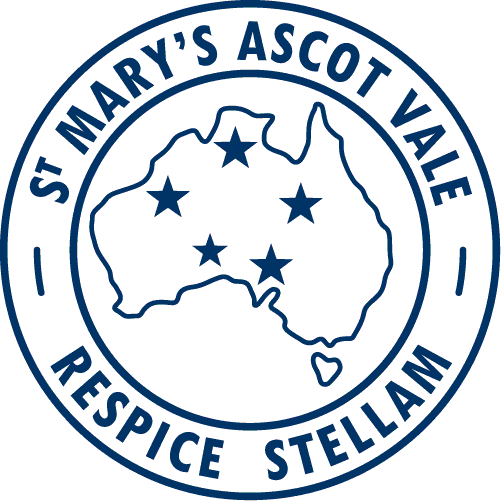Learning and Teaching

Teaching & Learning
A message from Mrs Hodgetts
A new term brings a new topic for our learning in Inquiry! I am so excited to share the upcoming units!
Foundation: Explorers in Training (Geography)
Students will look at natural, managed and constructed features through the lens of mapping and discovery as mini explorers.
Year 1: Continents and Oceans (Geography)
Students will learn how the world is divided into continents and oceans and focus on one country in each continent of the world in order to learn key geographical terminology.
Year 2: Culture Connect (Geography)
Students will learn about the geographical divisions of Australia by comparing western and Aboriginal perspectives.
Year 3: Are we there yet? (Geography)
Students will learn about the States of Australia and learn to include key landforms, and landmarks on various maps.
Year 4: Our Community (Civics and Citizenship)
Students will learn about their local government and complete social justice initiatives to contribute to the local area in which they live.
Year 5: EuroQuest (Geography)
Students will learn about the continent of Europe through the lens of unpacking key geographical terminology via various countries, such as key landmarks in Italy.
Year 6: Young Entrepreneurs (Economics and Business)
Students will learn the difference between needs and wants and goods and services. They will apply their knowledge of budgeting to create their own mini business to advertise and roll out the the St Mary's School Community.
Mathematics
A message from Mrs Toney
The Power of a Growth Mindset in Mathematics
At our school, we believe that every child can succeed in mathematics—not because of "natural talent" but through effort, persistence, and the right mindset. That’s why we encourage all students to develop a growth mindset when learning maths.
So, what is a growth mindset?
A growth mindset is the belief that abilities can improve with effort, practice and learning from mistakes. When students understand that they aren’t “just bad at maths,” but rather that their brain can grow through challenge and perseverance, they begin to approach maths with confidence and curiosity.
Why does this matter in maths?
Maths can sometimes feel intimidating. It’s not uncommon for children (and adults!) to say, “I’m not a maths person.” But when students are taught to see challenges as opportunities to learn, they become more resilient and willing to try new strategies—even when they don’t get the right answer straight away.
What does a growth mindset look like in the classroom?
- Students saying, “I don’t get it… yet,” instead of giving up.
- Willingness to attempt a challenging task without fear of making mistakes.
- Teachers celebrating effort, reasoning, and progress—not just correct answers.
- Students helping one another and explaining their thinking.
How can families support a growth mindset at home?
- Praise effort over results: “I love how hard you worked on that problem.”
- Encourage risk-taking: “It’s okay not to know the answer straight away. What could you try?”
- Be positive about maths: Avoid saying things like, “I was never good at maths either.”
- Talk about mistakes as part of learning: “What did you learn from that attempt?”
At St. Mary’s, we aim to build confident, capable mathematicians—children who are not afraid to think deeply, make mistakes, and grow. With a growth mindset, every student has the potential to shine in mathematics.
🧠💡 “Mistakes are proof that you are trying!”
Nicola Toney (Maths Leader F-6)
